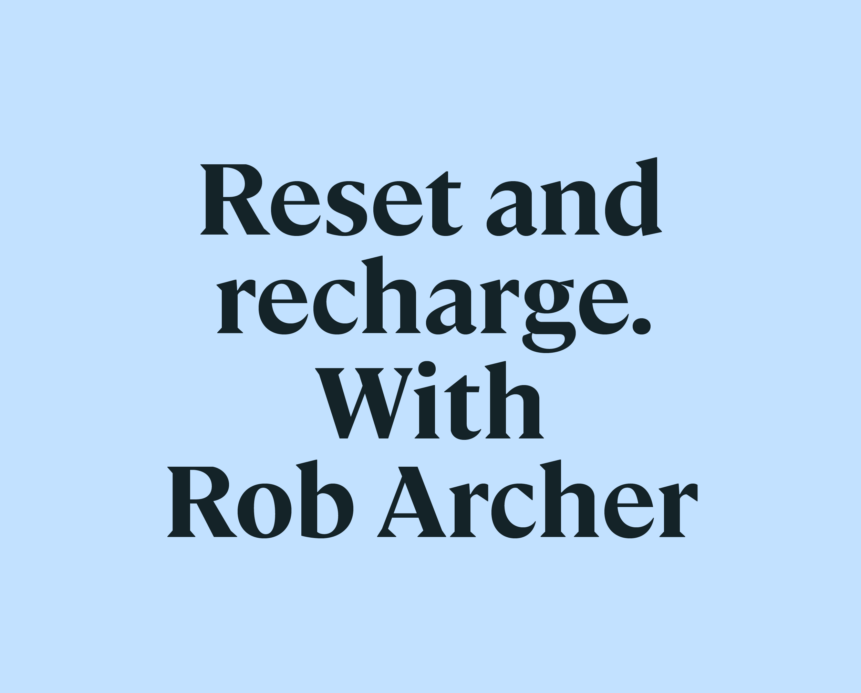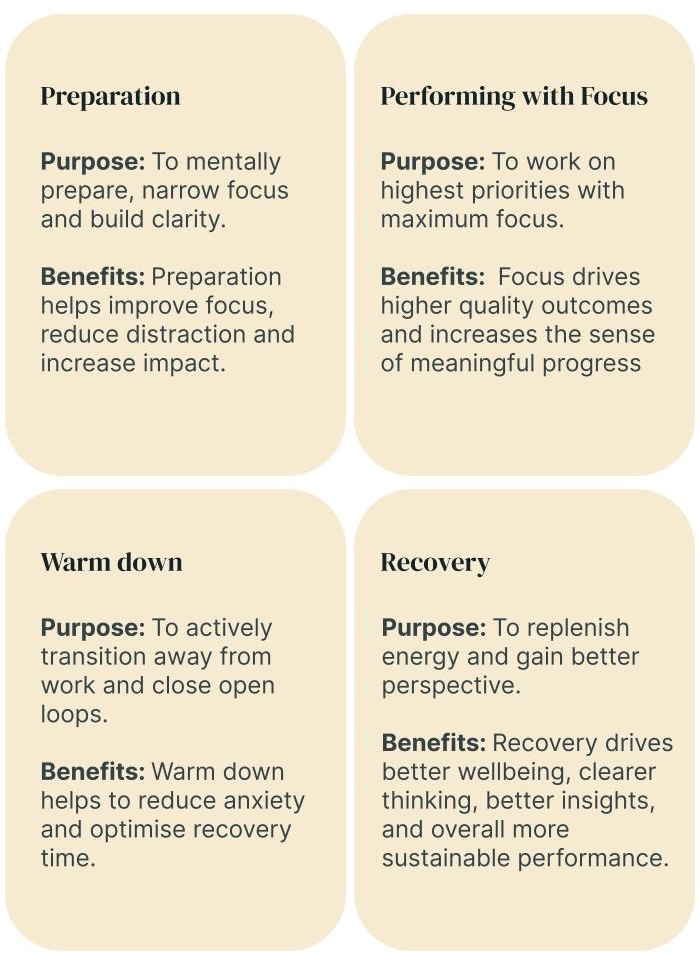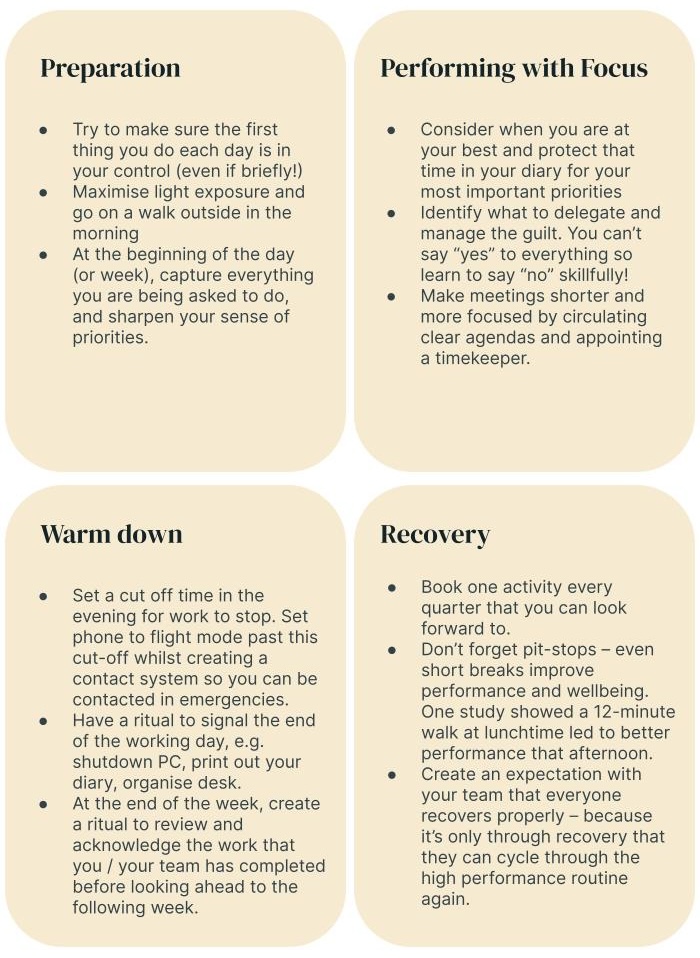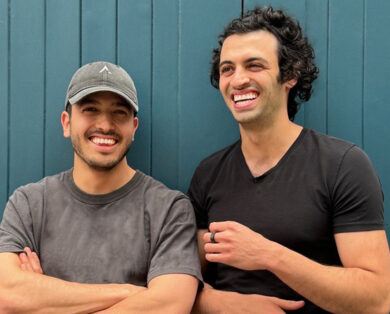- Portfolio News
- 15 July, 2024

We recently hosted a webinar on the principles of a high-performance routine with Dr Rob Archer, a Chartered Psychologist specialising in helping organisations and individuals build resilience, improve mental health and sustain high-performance.
The last few years have been relentless for business leaders: Market volatility, geopolitical uncertainty and organisational change have become constant, with studies showing that many people have been drawn into routines that leave them feeling overwhelmed and fatigued.
Drawing on his experience working with fast-growing companies, large organisations and elite sports teams, Rob laid out the basic principles of what a high-performance routine (HPR) looks like and hosted an interactive session on how participants can put this into practice.
Working with our circadian rhythm
There will always be particularly stressful times in business where we need to work longer hours and “buckle down”; this is called the ‘flat line’ way of working.
Whilst this is normal for emergencies or deadlines, the danger is that this becomes the default routine. This is where performance and health suffer as the flat line can quickly lead to lower performance and eventually, burnout.
Symptoms of the ‘flat line’ include:
- Waking up and immediately looking at your work phone
- Finding it hard to focus and constantly being pulled between different priorities
- Becoming sedentary as you get pinned to your desk (a good indicator is walking less than 5,000 steps per day)
- Finding it hard to switch off in the evening
- Feeling guilty that other areas of your life are being neglected.
To counter the flat line and consistently perform at a high level, Rob borrows from two evidence-based areas – circadian science plus principles of elite sport.
He argues that we need to work more in tune with our body’s circadian rhythm and dedicate time each day to the 4 stages of a HPR, namely:
- Preparation
- Performing with focus
- Warm down
- Recovery
Dividing a day into distinct stages where we try to do specific behaviours helps people to focus on their work more efficiently, perform better and recover more effectively.
In elite sports, recovery is well understood to be central to helping you perform better, but the business world has not yet embraced this as much as we should
Dr Rob Archer
Each phase has a distinct purpose and benefit:

The aim of the session was to invite participants to self-assess which of the 4 stages of their daily routine were currently working, and which of the 4 they wanted to improve.
You can do the same with this self-assessment.
Everyone’s routine will look different so you will need to find what works for you, but we’ve listed a few recommended habits and routines to cultivate in each phase below.















